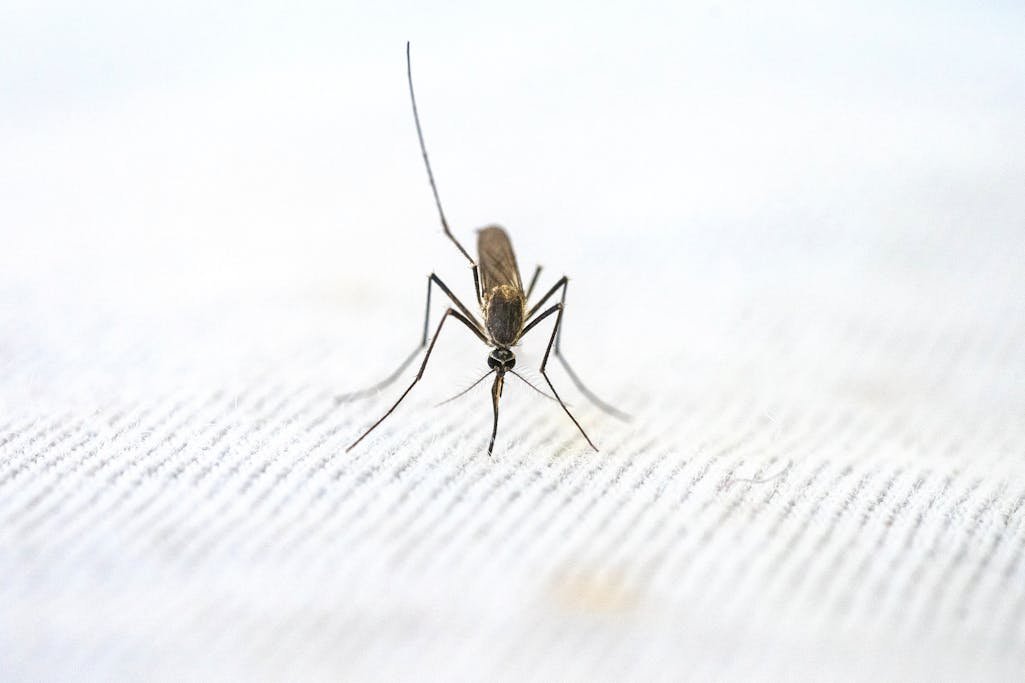Malaria, a disease caused by parasites of the Plasmodium genus and transmitted through the bite of infected mosquitoes, continues to pose a significant public health challenge, particularly in regions with limited access to healthcare resources. While effective tools and interventions exist for malaria prevention and control, the success of these efforts’ hinges upon the empowerment of communities through public health education. In this article, we explore the importance of public health education in malaria prevention and the role it plays in empowering individuals and communities to protect themselves from the disease.
1. Raising Awareness:
Public health education plays a vital role in raising awareness about malaria, its transmission, symptoms, and preventive measures. By disseminating accurate and accessible information through various channels, including community workshops, radio broadcasts, posters, and educational materials, public health campaigns can increase knowledge and understanding of malaria among at-risk populations. Raising awareness about the importance of seeking timely diagnosis and treatment for malaria symptoms can also help reduce delays in accessing healthcare services and prevent complications.

2. Promoting Preventive Measures:
Educating communities about effective preventive measures is essential for reducing malaria transmission and protecting individuals from infection. Public health education campaigns can promote the use of insecticide-treated bed nets (ITNs) to prevent mosquito bites while sleeping, as well as the importance of indoor residual spraying (IRS) to reduce mosquito populations indoors. Additionally, educating individuals about the proper use of antimalarial medications, such as artemisinin-based combination therapies (ACTs), for both treatment and chemoprophylaxis can help prevent the spread of drug-resistant malaria strains.
3. Empowering Communities:
Public health education Jobs empowers individuals and communities to take ownership of malaria prevention and control efforts. By providing communities with the knowledge, skills, and resources needed to protect themselves from malaria, public health education fosters a sense of agency and self-efficacy among community members. Empowered communities are better equipped to implement preventive measures, advocate for improved access to healthcare services, and participate in malaria surveillance and response activities, contributing to more effective and sustainable malaria control efforts.
4. Addressing Cultural and Behavioral Factors:
Cultural beliefs, practices, and behavioral factors can influence malaria transmission dynamics and the effectiveness of prevention strategies. Public health education initiatives that are culturally sensitive and contextually appropriate can help address misconceptions and barriers to malaria prevention. By engaging with local communities and understanding their unique cultural norms, public health educators can tailor messaging and interventions to resonate with target audiences, ultimately enhancing the uptake of preventive measures and promoting behavior change.
5. Fostering Collaboration and Partnerships:
Public health education serves as a catalyst for fostering collaboration and partnerships among diverse stakeholders, including government agencies, non-governmental organizations (NGOs), healthcare providers, community leaders, and civil society organizations. By bringing together stakeholders from various sectors, public health education initiatives can leverage resources, expertise, and networks to amplify the impact of malaria prevention efforts and promote a coordinated and multisectoral approach to malaria control.
Conclusion:
Public health education is a cornerstone of malaria prevention and control, empowering individuals and communities to protect themselves from malaria and contribute to broader efforts to eliminate the disease. By raising awareness, promoting preventive measures, empowering communities, addressing cultural and behavioural factors, and fostering collaboration and partnerships, public health education plays a vital role in reducing malaria transmission, saving lives, and improving health outcomes for vulnerable populations. As we continue to confront the challenges posed by malaria, investing in public health education remains essential for achieving the shared goal of a malaria-free world.